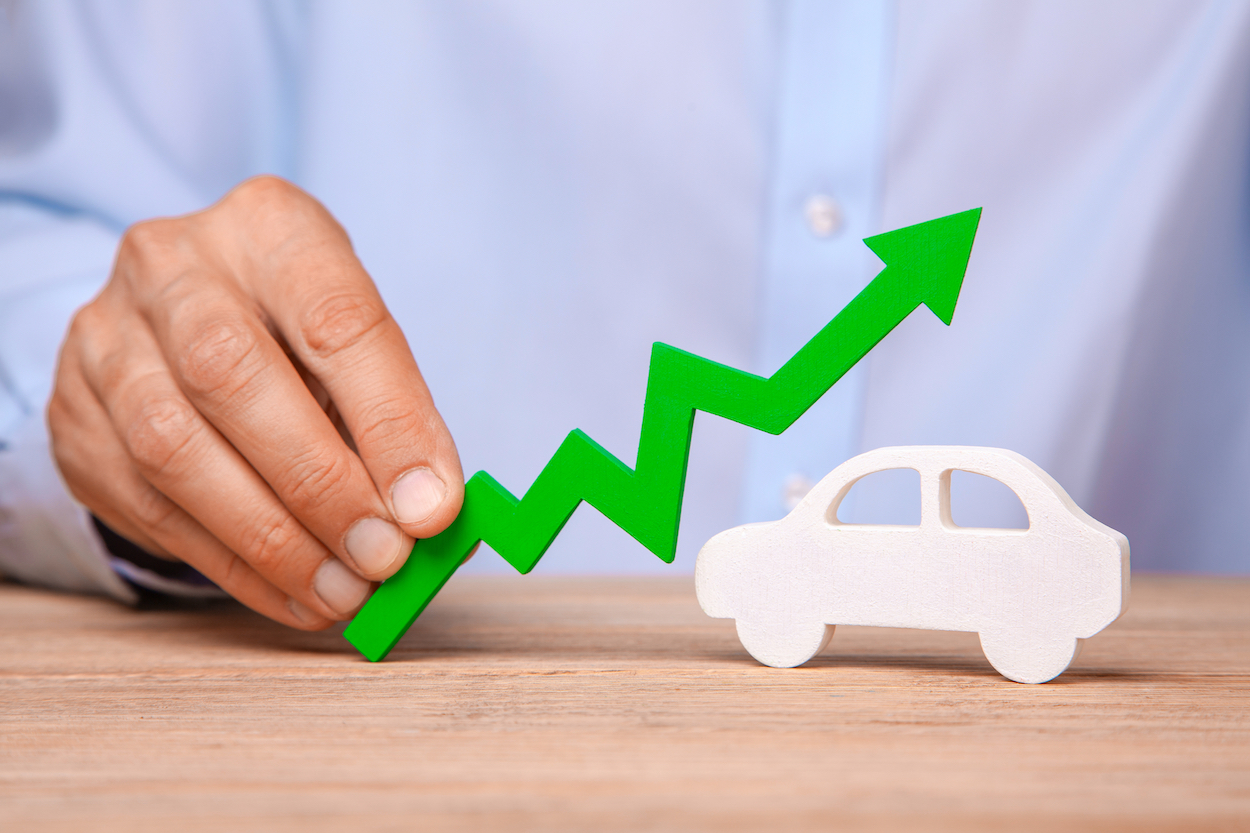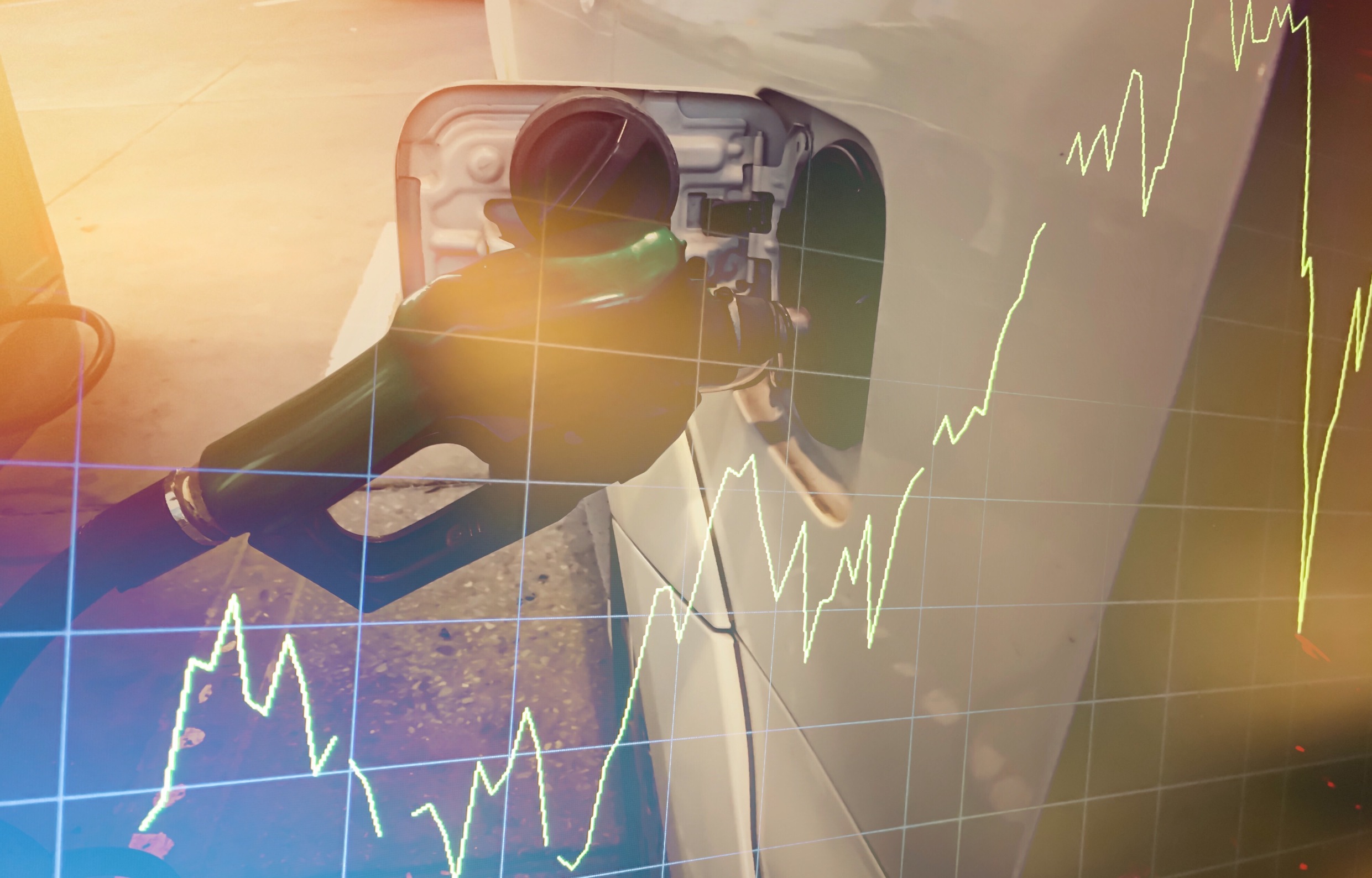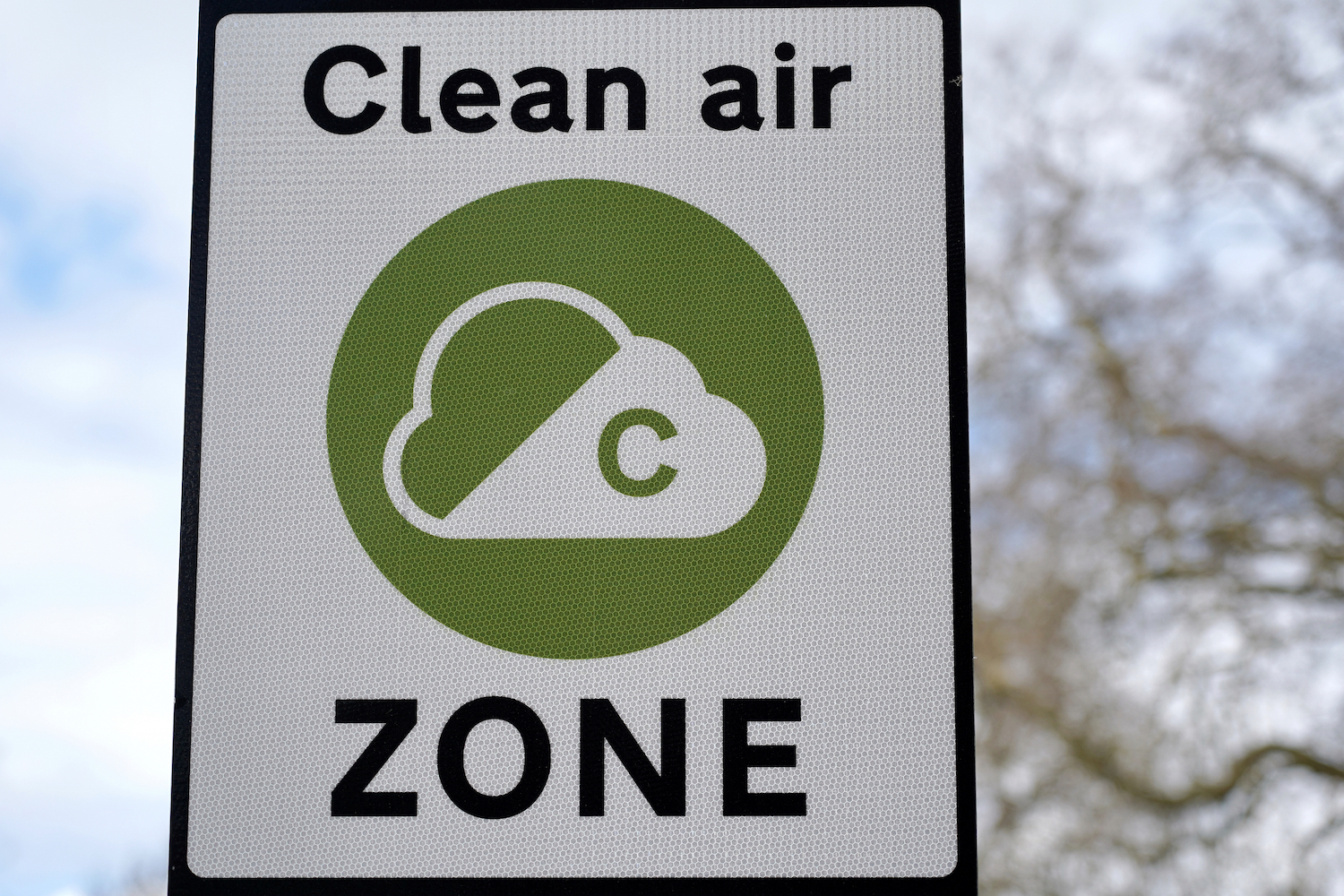Drivers want bargains on used vehicles. They expect to be able to pick up older cars at a fraction of the price of buying new, but recent changes in the global economy mean that that’s no longer the case. Prices for second-hand vehicles in the UK are skyrocketing.
According to Auto Trader, the average price of used vehicles has gone up by 26 per cent since mid-2020 to just under £20,000.
So, what’s going on here? Why are prices rising so rapidly?
Supply shortages
Supply shortages are one contributing factor. During the pandemic, many manufacturing facilities that supply automakers shut down. Major suppliers in China closed their doors in an attempt to control the spread of COVID-19. Over time, this led to disruptions in car factory output. For instance, early on in the crisis, Hyundai reported that it would close its main factory in Seoul, South Korea, because of supply chain issues.
High consumer demand
High demand is another issue. Following various furlough schemes, consumers have substantial cash reserves and are using them in historically unusual patterns. Cars are top of their list, while traditional cash sinks, such as holidays, are now much further down due to international travel restrictions.
Interestingly, the rising price of vehicles isn’t dampening consumer expectations. According to Auto Trader, of 1,000 potential car buyers, 44 per cent feel more confident in their ability to buy a car today compared to this time last year and 43 per cent said that they wanted to buy in the next two weeks. Analysts believe that the high job vacancy rate is giving employees negotiating power, leading to greater confidence about future wage increases.
General inflation
Inflation poses a threat to consumer demand in the long term. However, it too is also contributing to the current price increases.
In fact, price growth shows no sign of stopping yet. The UK is entering into its 80th consecutive week of car price increases. And, according to industry experts, such as Auto Trader’s insights director, Richard Walker, increases in the consumer savings rate will likely buoy demand for some time.
Car price growth is even stronger among the most popular models. The Ford Fiesta, for instance, has seen average second-hand price growth rise by more than 31 per cent since 2019, with the VW Polo seeing a growth of 34 per cent. Other popular cars seeing dramatic price hikes include the Audi A1, Fiat 500 and Nissan Qashqai.
Despite the recent price surge, experts predict that used car costs could fall again in the new year.





